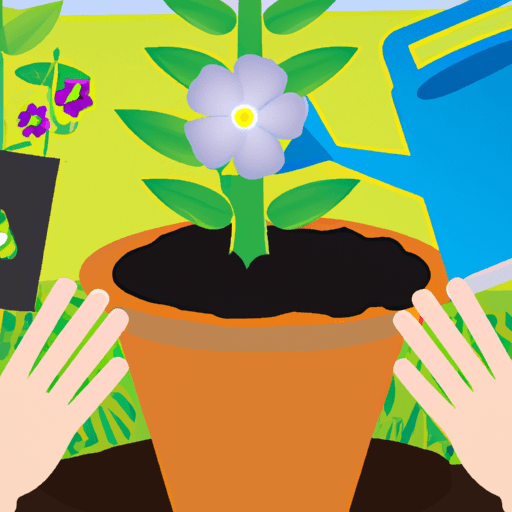Sustainable Gardening: Eco-friendly Practices for Healthier Soil and Plants
Introduction
Gardening, apart from being a rewarding and enjoyable pastime, has the potential to contribute significantly to environmental conservation. The practice of sustainable gardening, or eco-friendly gardening, has increasingly become a focus among gardeners, ranging from beginners to experienced horticulturists. This in-depth article offers practical methods and helpful tips on creating a sustainable garden. This approach not only benefits the environment, but also leads to healthier soil and plants.
Composting
Composting is a simple and effective practice that can make a significant impact on the sustainability of your garden. By recycling organic materials from your kitchen and garden, you can create a rich, fertile compost that provides your soil with essential nutrients. On top of this, composting reduces the amount of waste that ends up in landfills.
Use of Native Plants
Opting for native plants is a smart and sustainable gardening choice. These plants are already well-adapted to your local climate and soil, reducing the need for excessive watering and fertilizer use. Besides, they often attract beneficial local wildlife, promoting biodiversity in your garden.
Water Conservation
Water is undeniably a critical resource for gardening. However, by employing smart watering methods such as drip irrigation, the use of mulch, and the timing of watering, you can significantly reduce water consumption in your garden. Additionally, collecting rainwater is another environmentally-friendly practice that prioritizes water conservation.
Pest Management
Pests can be detrimental to your garden, but that doesn't mean you have to rely on harmful chemicals to control them. Sustainable pest management techniques include the use of beneficial insects, crop rotation, and home-made organic sprays that deter pests without damaging the environment.
Organic Fertilizers
Finally, swapping chemical fertilizers for organic alternatives is another way to develop a more sustainable garden. Organic fertilizers such as seaweed, manure, or bone meal not only enrich the soil but also minimize the risk of water pollution due to run-off.
Conclusion
While the transition towards eco-conscious gardening may seem daunting, incorporating sustainable practices into your everyday routine can be done in manageable steps. By implementing techniques such as composting, using native plants, conserving water, managing pests naturally and applying organic fertilizers, you can make a significant difference to the environment while cultivating a vibrant and healthy garden.
Let's create a healthier planet, one garden at a time!


















Comments
Leave a Comment